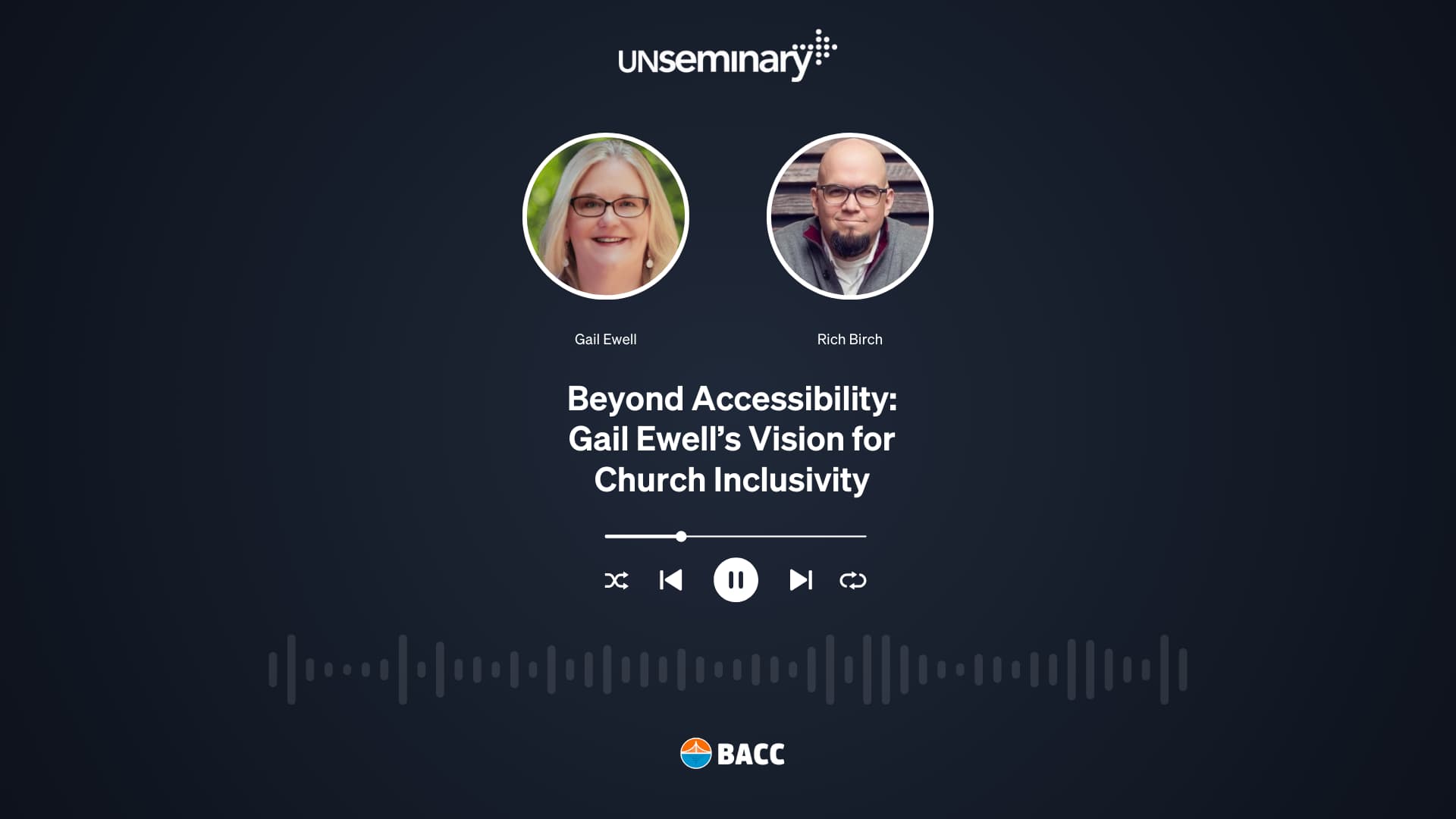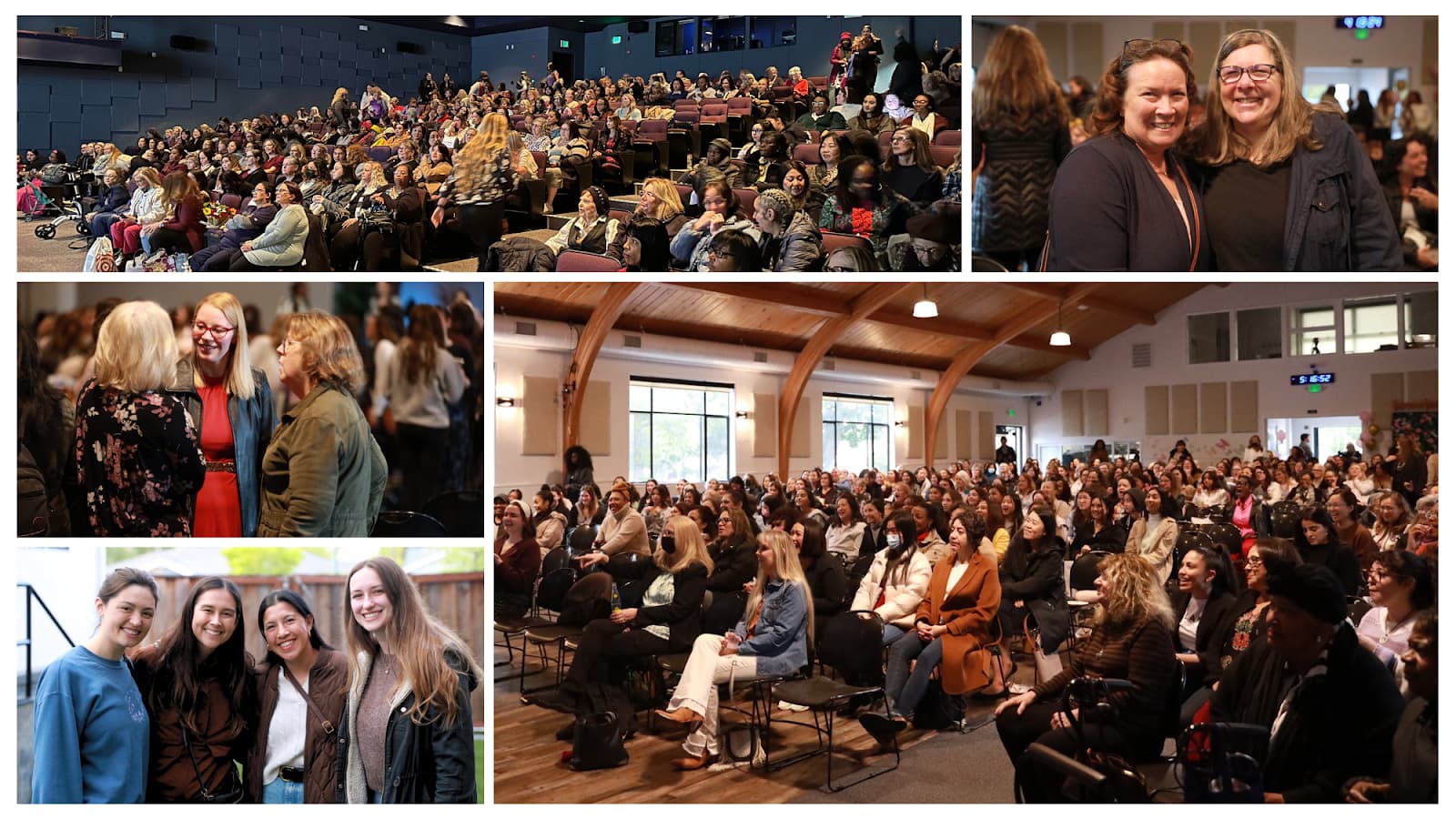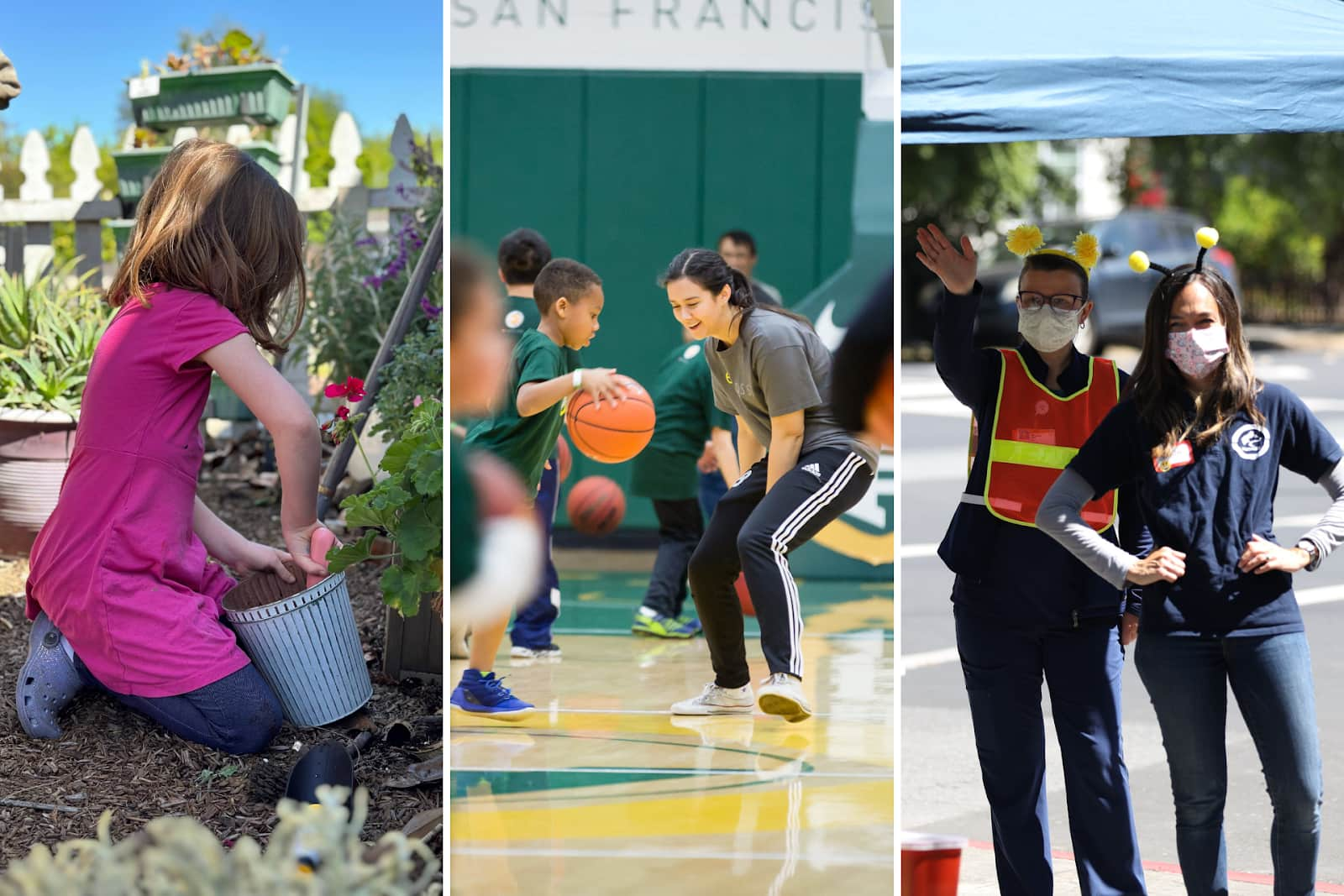Sign up for The Good Stuff
Our weekly newsletter filled with news, updates, and inspiring stories of how God is working in the Bay Area.
"*" indicates required fields
Sign up for The Good Stuff
Our weekly newsletter filled with news, updates, and inspiring stories of how God is working in the Bay Area.
"*" indicates required fields
I got back on Twitter recently, after a long absence. And I found myself a bit overwhelmed.
A 13-year-old girl was kidnapped by a stranger who spotted her boarding her school bus. A mayor in Poland died after he was stabbed onstage at a charity event. There was a car bombing in Bogota and a militant attack on a hotel in Nairobi.
If you’re like me, and you like to keep yourself insulated from such tragedies, I apologize for putting these deeply sad stories on the forefront of your mind. Some time ago, I began feeling like I couldn’t handle hearing all this, and I deleted my News app and most of my social media apps.
I found myself a little happier. A little less angry and a little less sad. But the problem is, the stories didn’t go away just because I didn’t read them.
I don’t intend to make any judgments on how much you should read the news or how often you should check Twitter … that’s up to you. Certainly having some boundaries about what you fill your mind with can be helpful, and important. I want to make a different argument.
I think these stories mean that the world needs more fearless Christians.
What is a fearless Christian?
Jesus wanted the people who followed him to be people whose good deeds lit up the world:
“You are the light of the world—like a city on a hilltop that cannot be hidden. [15] No one lights a lamp and then puts it under a basket. Instead, a lamp is placed on a stand, where it gives light to everyone in the house. [16] In the same way, let your good deeds shine out for all to see, so that everyone will praise your heavenly Father.
Matthew 5:14-16 NLT
Being the “light of the world” doesn’t mean you are better than anyone else. It means your love and joy light up a room when you enter it. It means you serve other people and do good deeds for them. It means you give hope to people around you, whether you’re on Facebook or face-to-face. A fearless Christian cares more about other people than they care about themselves.
This is really an essential part of living life as a Christian. Christianity was built on doing good. Jesus was known for doing good:
And you know that God anointed Jesus of Nazareth with the Holy Spirit and with power. Then Jesus went around doing good and healing all who were oppressed by the devil, for God was with him.
Acts 10:38 NLT
Some scholars attribute the widespread growth of Christianity in the first few centuries not only to the Christian message but also to the fact that Christians were known as people who took care of each other and built institutions that met the needs of the community. Christians took care of their widows, who otherwise would be left in extreme poverty in Roman society. Amongst the Christians, the poor had food. They built hospitals because there were no public health services, and doctors were expensive. They built educational institutions because they wanted their members to be able to read the Bible. By the 3rd century, many members of the government were Christians because of their ability to read and write.
The good deeds of the Christians made their message so attractive that people wanted to be part of their community, despite the risk of severe persecution that came with being one of Jesus’ followers. Christians had the answers people were looking for. They were a light in a dark world.
I think the same could be true today.
The problem with fearful Christians
Unfortunately, the word “Christian” often isn’t associated with good deeds and a shining bright light anymore. In one poll, millions of young, unchurched Americans were asked to describe how they see Christians. Their answers? Judgmental, hypocritical, too political, insensitive, and boring.
Yikes. And what’s worse, 50% of the respondents said they got this impression of Christians from someone they knew personally.
That’s pretty far from God’s vision of how we should be living. How did we get here?
There are probably many answers to that question. But I think one problem is that as Christians, we can be much too fearful.
A fearful Christian is a selfish Christian. I’ll be the first to admit I’m one of them. I get afraid of being categorized as a judgmental, hypocritical, too political, insensitive and boring Christian. I get afraid of rejection. I get afraid of offending people. I just get afraid. Sometimes I get so afraid of being awkward that I can’t even make friendly conversation with a cashier while I get coffee. I have a hard time inviting my neighbors over for dinner.
My fear stops me from doing good.
Maybe you don’t count yourself in the judgmental-hypocritical-too political-insensitive-and-boring Christian category. But have you done anything to correct this impression? If you’re hiding, afraid to ask your neighbor about her day, afraid to speak up for anything good on social media, afraid to stand up for someone who is being bullied, afraid to stop the gossip you hear … are you shining a bright light?
Make this your fearless year
Such love has no fear, because perfect love expels all fear.
1 John 4:18 NLT
According to this Scripture, love expels fear. Love and fear can’t go together. If you care about someone, you won’t be afraid to talk to them, ask them questions, stand up for them, and make time for them.
Our theme for this year is “Fearless.” What impact could a fearless Christian make on his/her neighborhood? On the internet? On social media? What impact could you make on your coworkers or your family or your classmates if you weren’t afraid?
What if you weren’t afraid of rejection? Who would you help? What would you say? What good deeds would you do?
Join us in making this year your fearless year.

Written by
Amy Query
Amy Query is an editor of BACC Inspire and avid reader. She studied psychology at the University of California, Berkeley, and has over a decade of experience in mentoring, counseling and community organizing.
How the simple step of a church extending friendship can transform a community.
Mother’s Day gives us the chance to celebrate the moms, mothers-to-be, and maternal figures in our lives
God’s desire is that Jesus lives in all of us, which is why we are passionate advocates for inclusion in the church.


